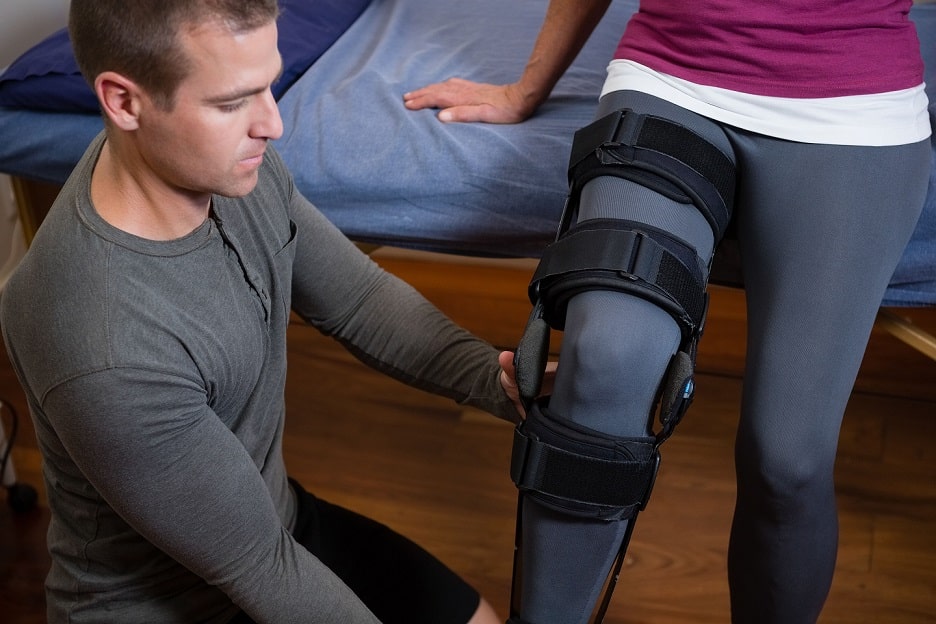 A bit of a niche area of law this one – can you make a claim for compensation if you fall because of loose and wobbly steps or paving slabs? Falling at the hands of a wobbly surface is fairly easy to do – no one expects the ground to suddenly move beneath them; unless you’re in a fun house…
A bit of a niche area of law this one – can you make a claim for compensation if you fall because of loose and wobbly steps or paving slabs? Falling at the hands of a wobbly surface is fairly easy to do – no one expects the ground to suddenly move beneath them; unless you’re in a fun house…
There are two common types of claims where this could occur. Let’s look at them both:
In the Street / Public Grounds – Highways Act
If you fall due to a wobbly step or paving slab whilst out and about on public land, in the high street for example, the claim will typically be pursued against the authority who has responsibility for the area. This will normally be the local highways authority or the local council.
The claim is pursued against them under the Highways Act 1980. So you may have a claim if we consider that the wobble is dangerous enough to warrant intervention. However, winning these claims is, unfortunately, not so easy to do.
The duty that the authority responsible for the area has is to reasonably and responsibly inspect and maintain their area of jurisdiction. To put it simply, if you have a fall in an area that is inspected by the council every six months, and you fall in-between inspection periods (say three months in) then they can defend the claim using a special defence. If they can prove that they have an inspection regime, prove that it is reasonable, and prove that they have adhered to the regime and had no adequate knowledge of the defects existence, winning a claim will be very hard. They can simply rely upon the defence and defend the claim in full.
If their inspection regime is considered to be not sufficient, or if we can prove that they had adequate knowledge of the defect (say a member of the public reported it) or show that they haven’t adhered to their inspection regime, we could smash their defence. But it isn’t easy…
On Occupied Land – Shops, Restaurants, Bars, Other Public Places
So what about the duty if the accident happens on land that is occupied and therefore not the responsibility of a local highways authority? Commonly this will fall within the realms of the Occupiers Liability Act, which imposes a duty on the occupier of a premises to take all reasonable steps to ensure that no one is hurt on their premises.
Occupiers should normally have their own inspection and maintenance regimes, but with something like a wobbly step, or even a wobbly paving slab in the front area of a shop, you’d expect them to have been made aware of it. You’d expect that staff had probably walked over it and should have reported it to a member of their management.
If the occupier fails to take steps to either repair or ‘make good’ the defective area (signage, cordons, etc) then there may be a claim to answer for.
There are two vital pieces of evidence that can help prove these cases – photos showing measurements (or even videos) and CCTV evidence if available. Most CCVTV is erased after a few weeks so take steps early to get it secured before it disappears.

 A bit of a niche area of law this one –
A bit of a niche area of law this one – 









